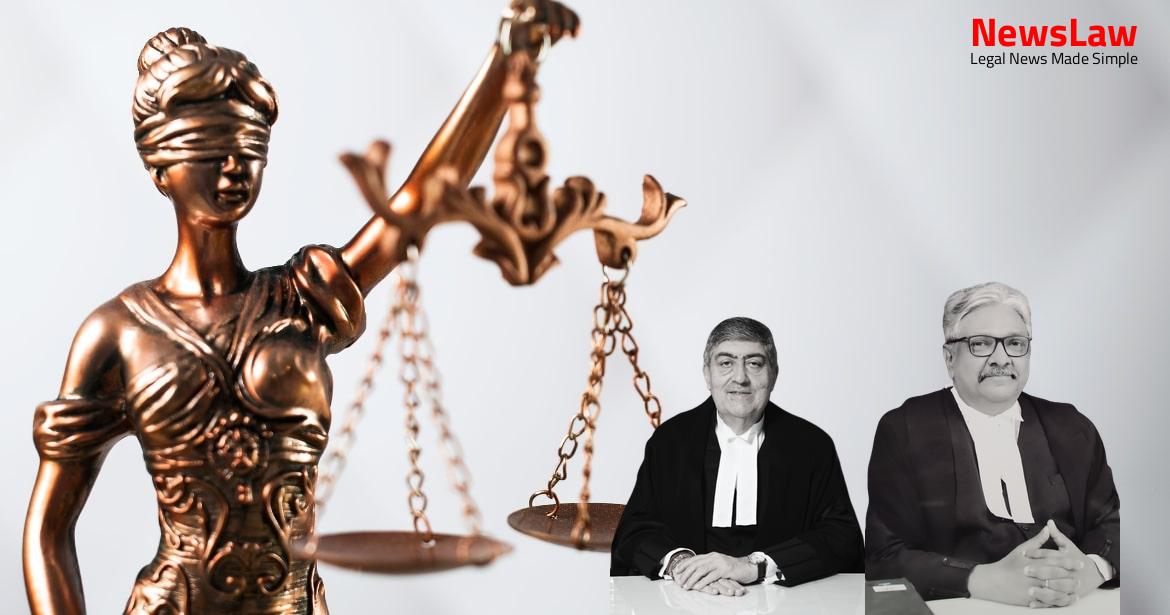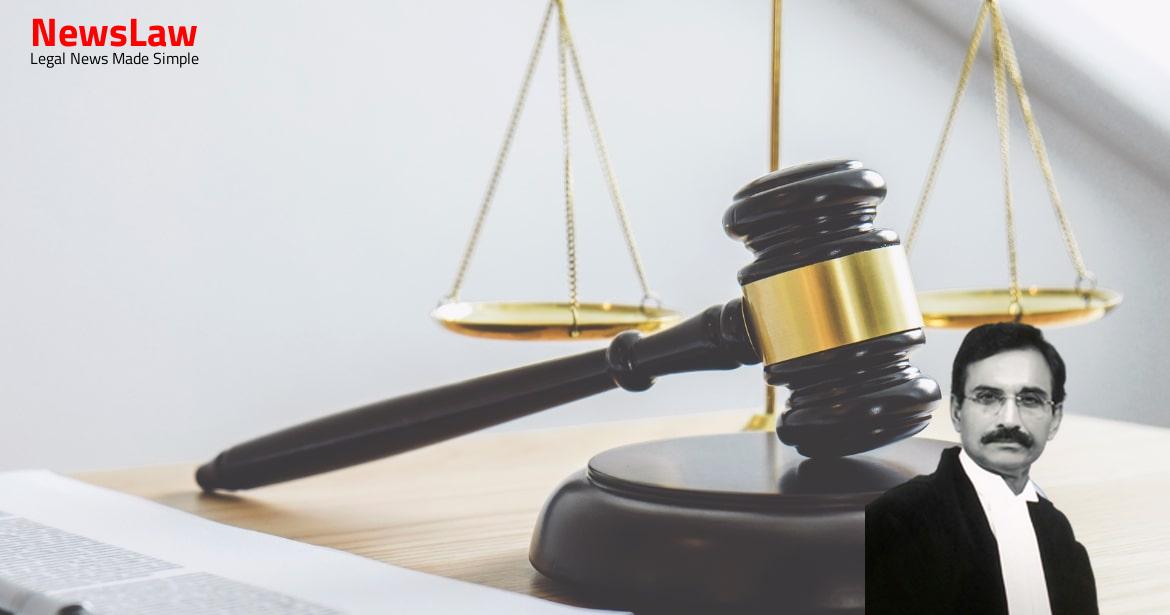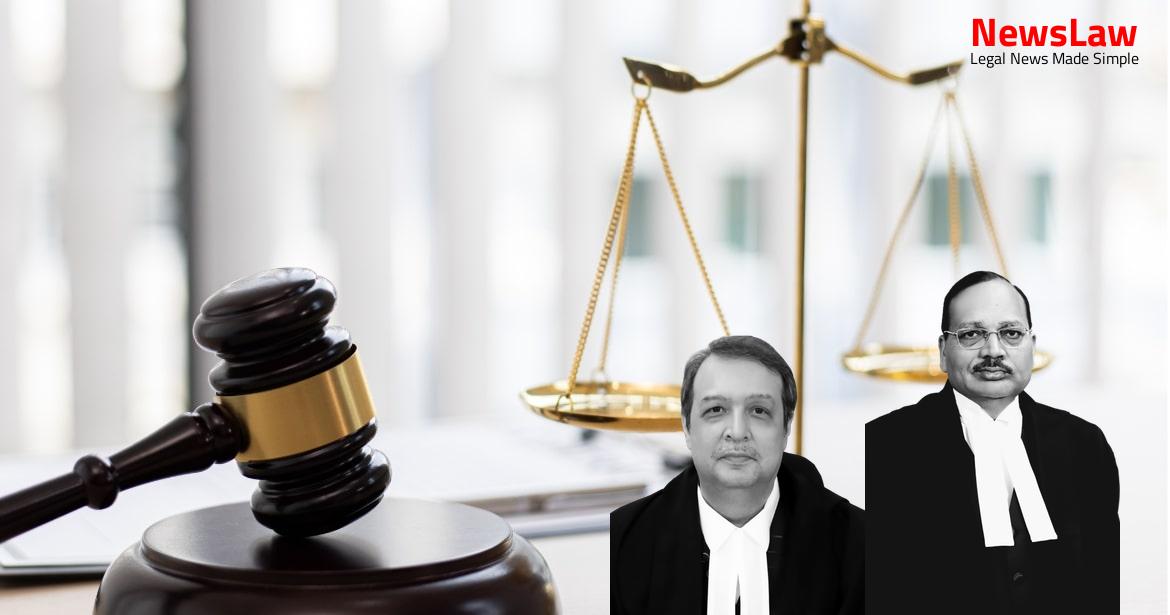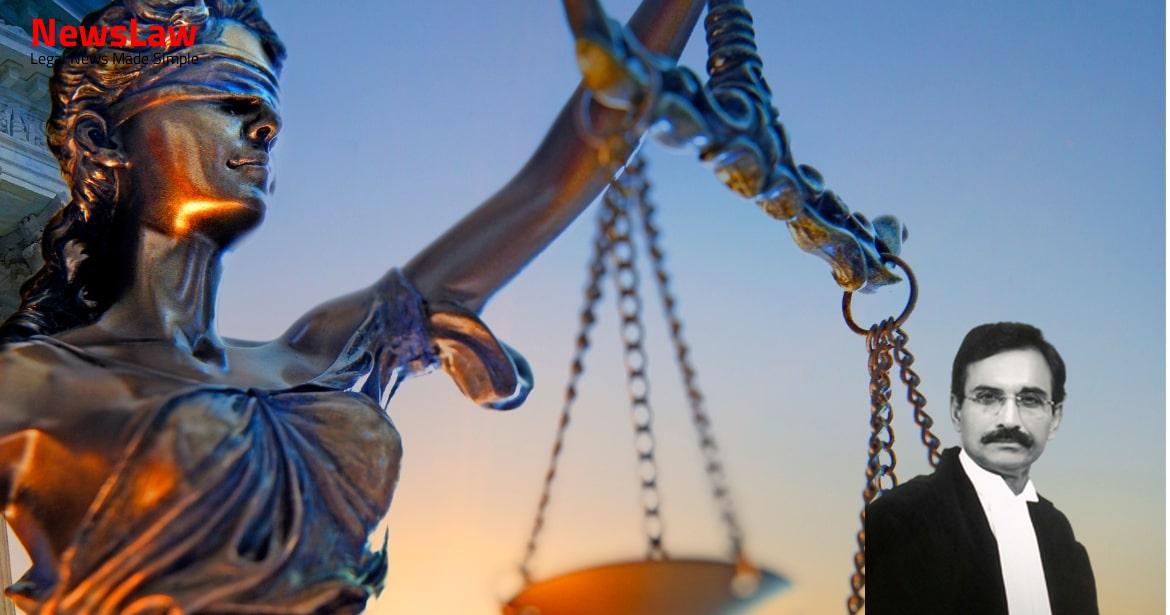In a significant legal development, the Supreme Court has provided clarity on the rights of victims in criminal cases. The recent judgement in the case State Vs. Brindavan & Ors has emphasized the importance of ensuring victims and their legal heirs have the right to appeal. This ruling addresses the concerns raised regarding the dismissal of the victim’s appeal based on the State’s lack of leave to appeal. Stay tuned for more insights on this crucial aspect of the legal system.
Facts
- The accused-respondents were put to trial in Sessions trial No.80 of 2014 titled State Vs. Brindavan & Ors.
- The trial arose from criminal case No.53 of 2014 under Sections 452, 302/34 of the Indian Penal Code.
- The State, aggrieved by the trial court’s order, sought leave to appeal in Government Appeal No.1947 of 2017.
- Leave was declined for the appeal under Section 372 read with Section 378 of the CrPC on 18.04.2017.
- The victim’s appeal was dismissed on 23.11.2017 after the leave was declined.
- The accused were acquitted by the trial court on 19.12.2016.
Also Read: Supreme Court Judgment on Single Till Mechanism for HRAB Calculation: A Comprehensive Analysis
Arguments
- The victim, being the real brother of the deceased, falls under the category of a legal heir.
- According to the recent judgement in Mallikarjun Kodagalli (d) through legal representatives Vs. State of Karnataka & Ors, a victim does not need to seek leave to appeal against an order of acquittal under Section 372 proviso to CrPC.
- The right to appeal for the victim is different from the State’s appeal seeking leave to appeal, and thus, the victim’s appeal should not have been dismissed solely because the State was not granted leave to appeal against the order of acquittal.
- In the case Mallikarjun Kodagalli, the legal position was clarified regarding the appellant’s right to file an appeal.
- No leave needed to be sought in the situation where the appellant had the right to file the appeal.
Analysis
- The victim, as defined in Section 2(wa), includes their guardians or legal heirs.
- This definition is crucial in determining who can be considered a victim in the present case.
- It ensures that the rights and interests of the victim’s guardians or legal heirs are also protected.
- The plea presented by the victim was based on the fact that the appeal was dismissed because leave was not granted to the Government to file the appeal.
- The lack of leave granted to the Government was cited as the sole reason for the dismissal of the victim’s appeal (styled as leave to appeal).
Also Read: Selection and Appointment of Judicial Officers in Himachal Pradesh
Decision
- High Court’s order set aside
- Appeal allowed
- Case remitted to High Court for consideration on merits
- Appeal to be dealt as a regular appeal
Case Title: NAVAL KISHORE MISHRA Vs. THE STATE OF UTTAR PRADESH
Case Number: Crl.A. No.-000979-000979 / 2019



